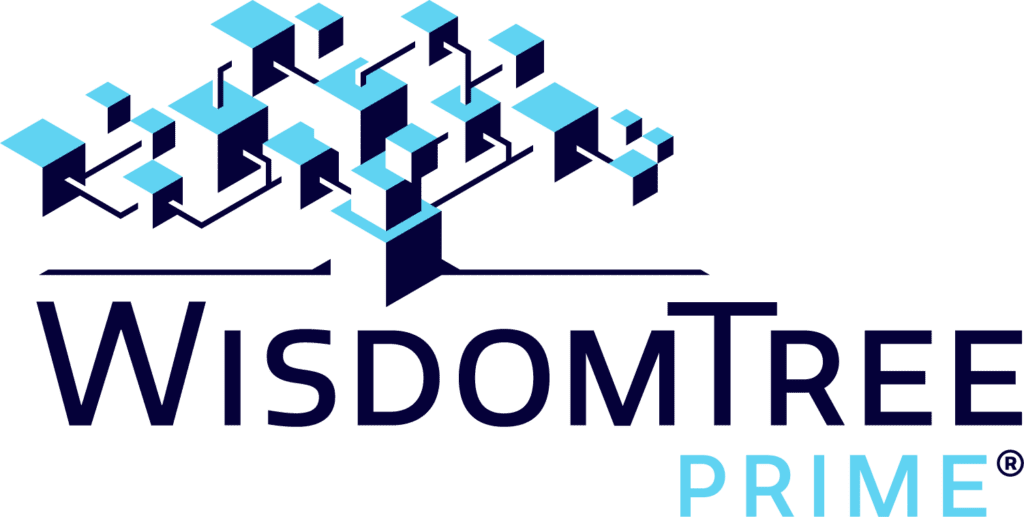It was a hot week in the markets, particularly for artificial intelligence (AI) – related semiconductor stocks. I will come back to the implications of Nvidia later.
This week we have important and critical data releases that may determine the Fed’s action. The labor market is the prime gauge I believe will dictate the Fed’s decision come Friday. But we also have the JOLTS release to help give a read on labor market slack. Today, we also receive the Case Shiller home price indexes to see if home prices resume their softening trend.
If the jobs market is not super-hot, then I believe the Fed will not increase rates in June. But if unemployment drops even further and the jobs gain is over 200,000, there will be continued pressure from the hawks to keep raising rates.
Last week there were restatements of past data—particularly the increased initial jobless claims. They are now regarded as fraudulent from Massachusetts. Without those fraudulent claims, there is no meaningful rise in jobless claims.
The economy ostensibly is humming along without any meaningful slowdown, but we should not assume the opposite—that everything is booming either. In Friday’s data, we had a slightly hotter consumer spending report, we also had a terrible trade report for the month of April. The Atlanta Fed GDPNow indicator for economic growth dropped one full percentage point for the second quarter following the trade report. Nevertheless, most of Wall Street is looking for between 1.5-2% real GDP growth, which is a healthy growth rate and higher than the Fed originally expected.
This is almost a Goldilocks economy. We don’t see a rise in commodity prices. We don’t see inflation expectations rising at all. In fact, we saw a meaningful drop of the one-year inflationary expectations from the University of Michigan Consumer Sentiment survey. The personal consumption expenditure (PCE) deflator came in one tenth of a percentage point above expectation. Core service inflation will remain pesky and will be slow in coming down.
Money supply still plunging. Nine consecutive months of decreases in money supply should be concerning the Fed. Some of that is clearly deposits leaving banks to higher-yielding Treasury alternatives that are not in M2 and are not as liquid.
Earnings held in quite well. The big story of the week was of course the blowout from Nvidia. And what does AI mean for the economy and other sectors beyond the semiconductors. AI has been around for years. But investors are recalibrating expectations by comments that data centers will be spending $1 trillion on high-end chip upgrades for artificial intelligence capabilities. This could have important implications for profits going forward. The surge in stock prices rekindles memories of past technologies that captivated imaginations about changing the world. But Nvidia is certainly not Pets.com of the 2000s—it has real sales and profits.
Yet if data centers are going to spend $1 trillion on chips, they will need to get that money through an increase in prices to consumers and firms using their services. While gains from AI will be uneven throughout society and the economy, it has the potential to be very deflationary by reducing costs and the need for labor. Elon Musk’s Tesla is one example. He proclaimed in his hour-long interview with CNBC that he could have full autonomous cars that drive any roads by the end of the year—based on the AI technology advancements at his company. This has huge impacts, particularly in the trucking industry where there is a shortage of drivers.
The stock market is performing well despite interest rates trending higher because of continued economic strength. Waiting for the recession has been like waiting for Godot—promised to happen but never arriving. So, earnings chug on and downgrades in earnings are yet to come.
I still believe the risks are on the downside. The Fed should definitely stop raising rates and not raise again. Mortgage rates are above 7% again. Another raise in rates will prompt people to ask, “Why am I staying in 1% savings accounts or 0% checking accounts? I should find these higher-yielding money markets or short duration Treasury funds yielding over 5%. Tightening lending standards are not hurting the big banks. They have plenty of cash and deposits are moving their way. It is the regional banks that are still going to be under the most stress, which impact smaller companies. Big companies in the S&P 500 will not have trouble getting funds.
Past performance is not indicative of future results. You cannot invest in an index.
Professor Jeremy Siegel is a Senior Investment Strategy Advisor to WisdomTree Investments, Inc. and WisdomTree Asset Management, Inc. This material contains the current research and opinions of Professor Siegel, which are subject to change, and should not be considered or interpreted as a recommendation to participate in any particular trading strategy, or deemed to be an offer or sale of any investment product and it should not be relied on as such. The user of this information assumes the entire risk of any use made of the information provided herein. Unless expressly stated otherwise the opinions, interpretations or findings expressed herein do not necessarily represent the views of WisdomTree or any of its affiliates.







